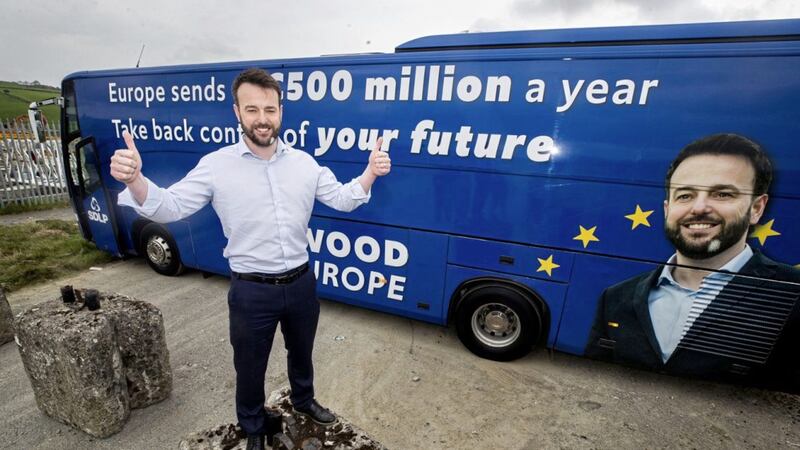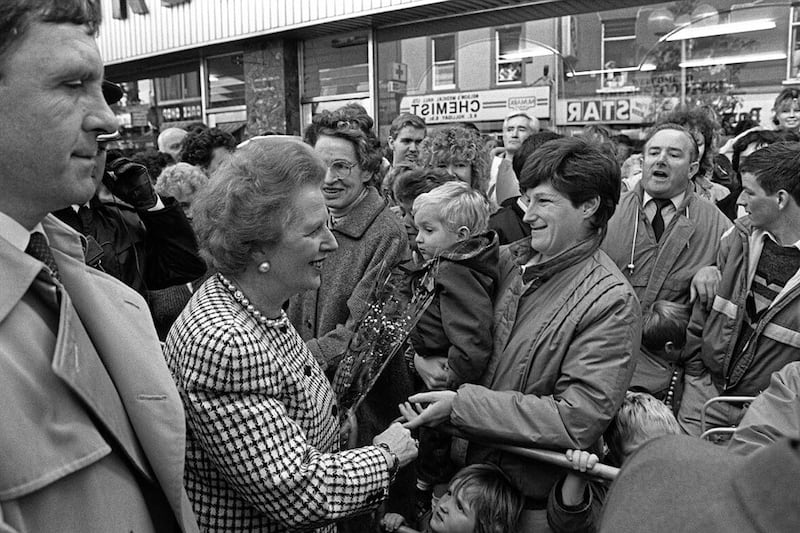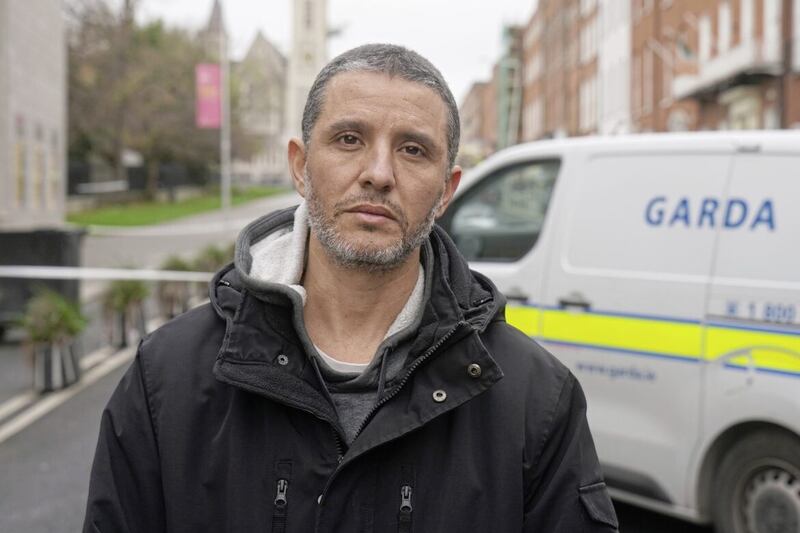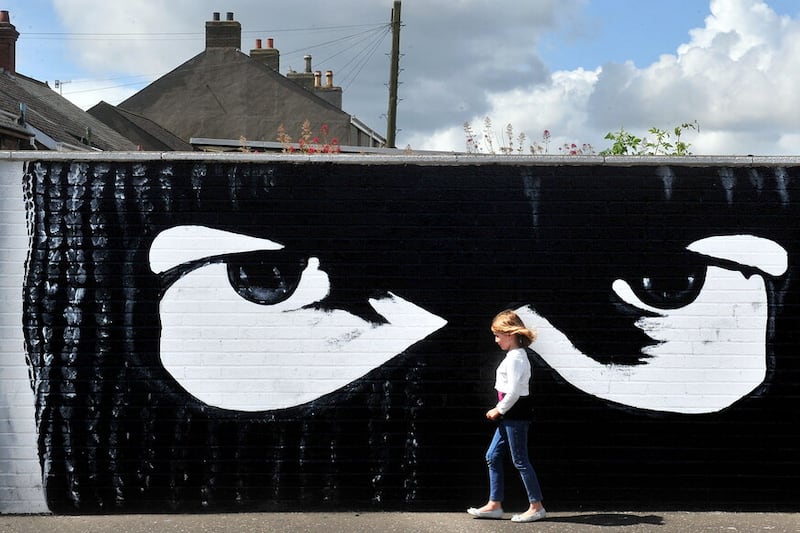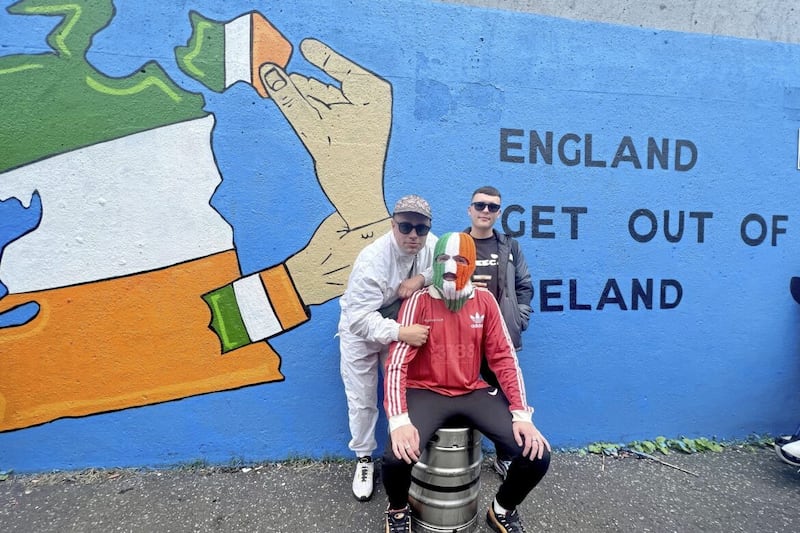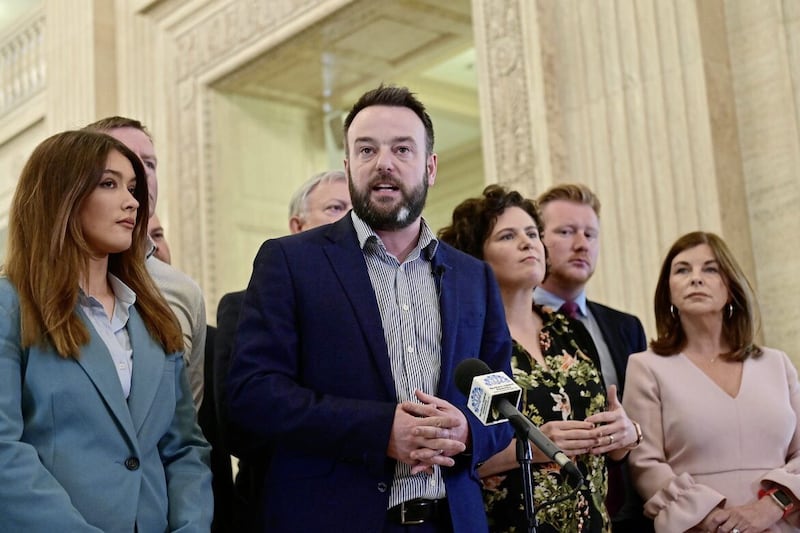ONE election down and another to go. Some political parties have wisely left their generic posters up.
And in the midst of all of this the British government, after two years, thought it was wise to kick-start the talks process at a time when the political parties are most hostile to one another.
Truthfully, the European election is unwelcome as it reignites the Brexit debate in the toxicity and fever of a competitive contest.
Welcome or not though, the elections are going to go ahead.
On the unionist side the DUP's Diane Dodds is competing against some fairly weak runners amongst the other unionist contenders.
Jim Allister is going to be the thorn in the side of Dodds throughout the election.
Mind you, with the performance of his TUV party in the local government election, he will likely be regulated to Division Two of the media challenges alongside the Green Party, UKIP and the independents.
But, whether you like or loathe him, Allister's particular brand of political baiting is rather entertaining.
Even based on their recent successes the Green Party is unlikely to be a final contender for winning a seat, though their transfers could be crucial in the outcome.
Just why the Conservative party has fielded a candidate in the Northern Ireland European election is beyond this writer.
Their candidate, Amandeep Singh Bhogal, was astonishingly turned down for selection as a Conservative candidate in no less than 45 parliamentary seats before contesting the Upper Bann election in 2015 where he gained a miserly 201 votes.
He isn't just an optimist - he is Panglossian.
Danny Kennedy, the former minister and MLA, has thrown his hat into the contest to see if he can spare the blushes of his leader, Robin Swann.
Kennedy is one of the most affable members of the Ulster Unionist Party. If anyone on the unionist side has a chance of taking the second seat it will be him.
Of course his success depends very much on how well Diane Dodds does and how much a surplus she may have.
But this election, more than the local government poll, will focus on the DUP's hardline Brexit stance, which is at odds with the views of many unionist farmers, food producers and agri-businesses.
Whether those people stick with their tribal voting habits remains to be seen.
Some may opt for Kennedy as he is regarded as being in favour of a softer Brexit.
There are two independents contesting the election: Jane Morrice, a former MLA for the Women's Coalition (remember them); and a rather anonymous candidate, Neil McCann.
Morrice is the Northern Ireland equivalent of Andrew Adonis - an extreme Europhile.
She sounds terribly posh but is passionate in her defence of the EU, though many believe she was misguided to enter this race.
That said, her transfers will go at full value when she is eliminated to candidates who have a much better chance of winning a second pro-EU seat.
At the moment, that front-runner is the SDLP leader Colum Eastwood, though Naomi Long will fancy her chances too.
Although in her enthusiasm to out-EU Eastwood and the SDLP, Long was embarrassed into apologising over an inaccurate tweet about Alliance formally registering to campaign for Remain.
Sinn Féin's candidate Martina Anderson is prone to making political gaffes.
She seems incapable of escaping her own history and therefore doesn't win much support from floating voters.
Only a few weeks ago she was pictured supporting the retention of the controversial Raymond McCreesh play park in Newry - this from the woman who Sinn Féin once appointed to do outreach to unionists.
Anderson has been trying to position herself as the most European of the candidates, though the history of Sinn Féin towards the EU and their patchy performance in some of their strongest electoral areas during the referendum leaves a question mark.
Sinn Féin claim there is no second pro-EU seat to be won. That hasn't always been their view, as at one time they fielded three seats and Mitchel McLaughlin, when a Sinn Féin candidate, made the audacious claim that he was hoping to join John Hume in Europe, not replace him.
The reality of this election is that pro-EU parties need to set aside their own egos and aspirations to work together if that second seat is to be won.
This means transferring down amongst each other and to those with the best chance of winning.
Anything less is a betrayal of the 56 per cent who voted remain.

